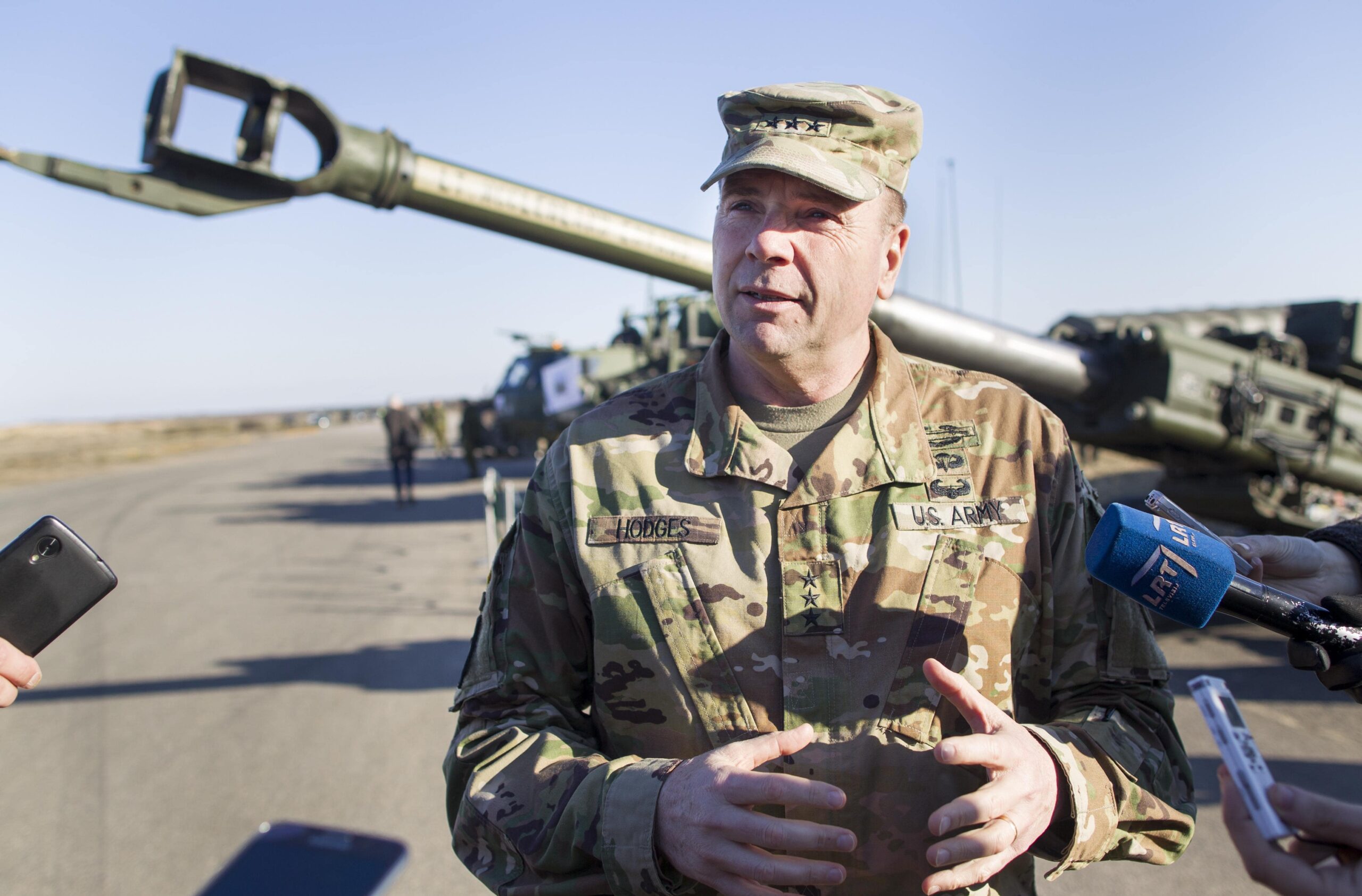In a wide-ranging conversation between political analyst Jason Jay Smart and retired U.S. General Ben Hodges, the two discussed a growing and unexpected trend in global conflict: authoritarian regimes are increasingly facing attacks within their own borders. For nations like Russia and Iran—long used to exporting conflict—this shift is more than symbolic. It represents a fundamental change in how wars are being fought, and more importantly, where.
The War Comes Home
As Smart noted, nations that have long engaged in aggressive foreign policy are now being forced to confront the consequences at home. “We’re seeing strikes inside Russia and Iran—on their soil,” he said. “They never expected this.”
General Hodges agreed, underscoring how Ukraine, despite lacking overwhelming support or leadership from the U.S., has managed to strike deep within Russian territory. “Ukraine is hitting oil refineries, military installations, and even high-ranking officials,” he said. “And it’s not just about material damage. These attacks erode the psychological sense of safety among Russians. It shows that Putin can’t protect his people.”
Strategic Shift: Avoiding a War of Attrition
Ukraine, faced with a much larger opponent, is adapting. “Falling into a war of attrition is exactly what Russia wants,” Smart argued. “They have more people, more resources. That’s not a winning strategy for Kyiv.” Instead, Ukraine is focusing on what Hodges called a “paradigm shift”—attacking the infrastructure that fuels Russia’s war machine and targeting the very systems that sustain its economy and military.
This, both men agreed, is a way of forcing Russia to react to Ukraine’s initiative rather than simply steamrolling over Ukrainian defenses.
Cracks in the Kremlin
But perhaps the most revealing aspect of their discussion was the internal fragility of the Russian regime. Smart pointed to last year’s Wagner rebellion led by Yevgeny Prigozhin. “They drove right through Russia—unopposed. Not a single airstrike. Not a single battalion stopped them. That’s not strength; that’s hesitation and fear,” he said.
Hodges concurred. “The silence from Russia’s political elites during that time was deafening. No one knew how it would end—maybe Prigozhin was about to become the new boss.”
And that, they suggested, is exactly how regime collapses often begin in Russia—not with uprisings from the street, but through quiet disloyalty among elites who begin to sense the end is near.
Infighting Among the Power Brokers
The conversation also revealed mounting tensions between Russia’s intelligence agency, the FSB, and its military command. “They hate each other,” Smart said bluntly. “And when corruption is rampant, everyone’s vulnerable. The FSB can ruin a general with a single audit.” Hodges recalled how, early in the war, Ukraine crossed into Russian territory near Kursk—an area supposedly under FSB control. “The military didn’t rush to help. They were happy to let the FSB take the fall,” he said.
This schism, Hodges suggested, is something Ukraine understands and is exploiting. “Divide and destabilize from within—that’s part of the strategy.”
The Shadow of Regime Change
Touching on recent events in Iran, Smart asked whether Ukraine—or its Western partners—might adopt a more direct regime-change approach. Hodges pushed back. “Netanyahu may want regime change in Iran, but the U.S. has a terrible track record with that,” he said. “You almost never get the outcome you want. It has to come organically, from inside.”
While uniformed Russian military officers are legitimate targets, Hodges drew the line at heads of state. “There’s an unspoken taboo against assassinating foreign leaders,” he said, though he added that “no one would mourn if Putin fell.”
Hitting Russia Where It Hurts
Smart then raised an important question: Is Ukraine’s current strategy—crippling Russia’s weapons production, targeting specific chemical plants, and disrupting oil infrastructure—its best option?
“If it’s just attrition, that’s a losing game for Ukraine,” Hodges warned. “But what we’re seeing now is a shift. Ukraine is forcing Russia to divert its assets to defend its interior. That’s critical.” He acknowledged, however, that Russia’s economy—while fragile—is being propped up by energy exports to China and India, and by military support from North Korea and Iran. “That lifeline could keep them going longer than expected,” he said.
Operation Spiderweb and a Weak Russian Response
Much of the discussion centered around Operation Spiderweb—a coordinated Ukrainian attack on Russian infrastructure, including from within Russian territory itself. “Russia’s inability to stop low-altitude drones launched from its own soil is embarrassing,” Smart noted.
While Hodges hesitated to call Spiderweb a game-changer outright, he emphasized its strategic value. “It’s part of a broader Ukrainian effort to seize back the initiative,” he said. “They hit the Kerch Bridge, several rail bridges, and forced Russia to scramble. It’s clear Ukraine’s intelligence and special operations are ten steps ahead of Moscow.”
What Will It Take to Change Russian Behavior?
In closing, Hodges touched on the big picture: changing the Kremlin’s behavior. “Unless the U.S. decisively backs Ukraine to win, we’ll need to rely on economic pain to force Russia to the table,” he said. That includes targeting the shadow fleet, cutting off oil and gas exports, and undermining the Kremlin’s ability to function.
“This war won’t be won with artillery alone,” he said. “It’ll be won with strategy, resilience, and pressure where it hurts most.”
